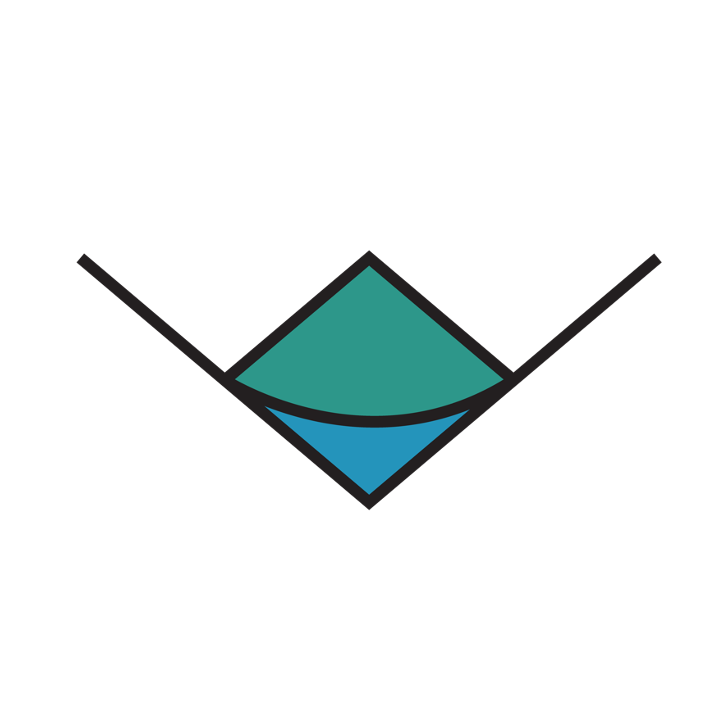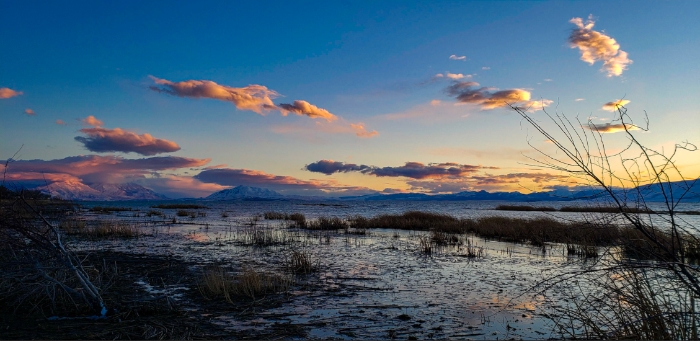Projects
Conservation Easements
One of the best ways to preserve land forever is through a conservation easement. An owner of a farm, a piece of mountain property, or other desirable greenspace sells the development rights for that land, so it is protected in perpetuity.
We are currently working on two easements: Bunnell’s Fork and Cascade Farms.
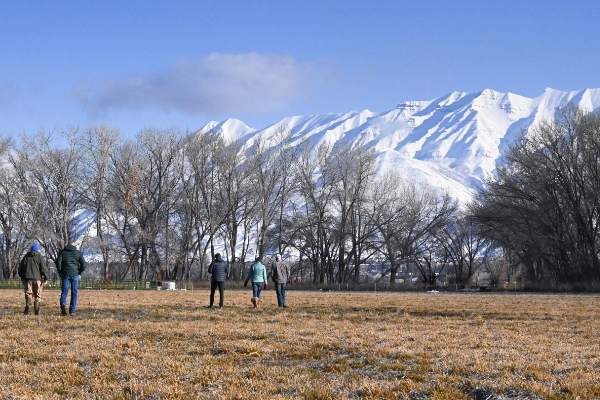
Photo by Teri Harman
Learn More about Conservation Easements
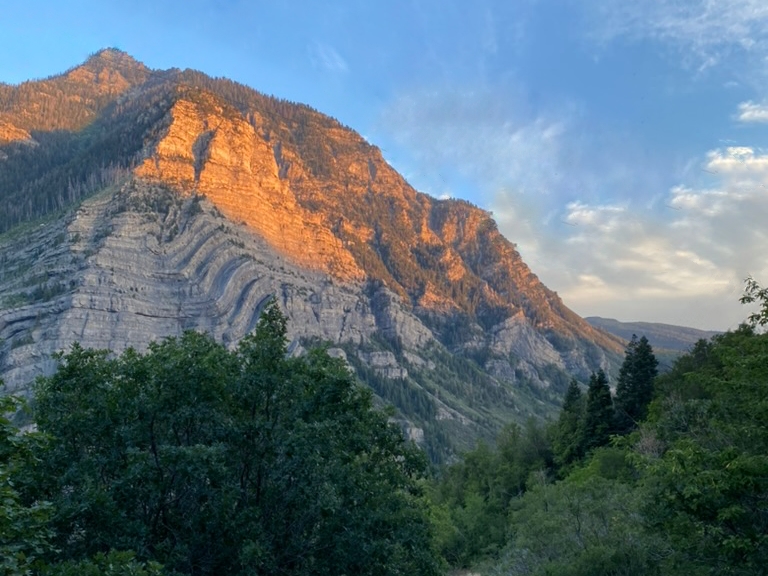
Photo by Lane Pollock
Learn More
Provo Canyon
Provo Canyon is a unique and special place used by residents of Utah Valley, but also by visitors from the US and the world. It hosts world-class recreation such as skiing, snow mobiling, biking, rafting, fishing, and hiking. Bridal Veil Falls, located a fourth of the way up the canyon, draws thousands of visitors a year. Even with these amazing features, Provo Canyon has been and is still threatened by development.
Utah Lake
Utah Lake is one of the largest and most productive freshwater lakes in the western U.S. This keystone ecosystem is the centerpiece of our community, providing critical habitat, abundant recreational opportunities, and invaluable ecosystem services such as removing pollution and creating local precipitation. In this time of dramatic change, we need evidence-based management and legislation to protect and restore this unique, beautiful, and dynamic lake. https://pws.byu.edu/utah-lake
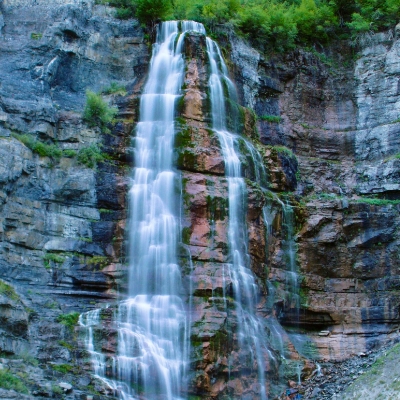
Photo by Lane Pollock
Learn More
Bridal Veil Falls
Bridal Veil Falls is an iconic public landmark and recreational treasure that has played a role in the lives of Utah Valley residents for generations. In the not-so-recent past, the falls were the second most visited site in Utah, behind Temple Square in Salt Lake City. Conserve Utah Valley worked with legislators to get the area designated as a state monument, which now provides additional resources for maintaining the area and providing public amenities.
Bonneville Shoreline Trail
The Bonneville Shoreline Trail (BST) concept began in 1990 and has evolved into a vision to link a trail network along the western slopes of the Wasatch Mountain range from the Idaho border to Nephi, Utah, a distance of more than 280 miles (Bonnevilleshorelinetrail.org).
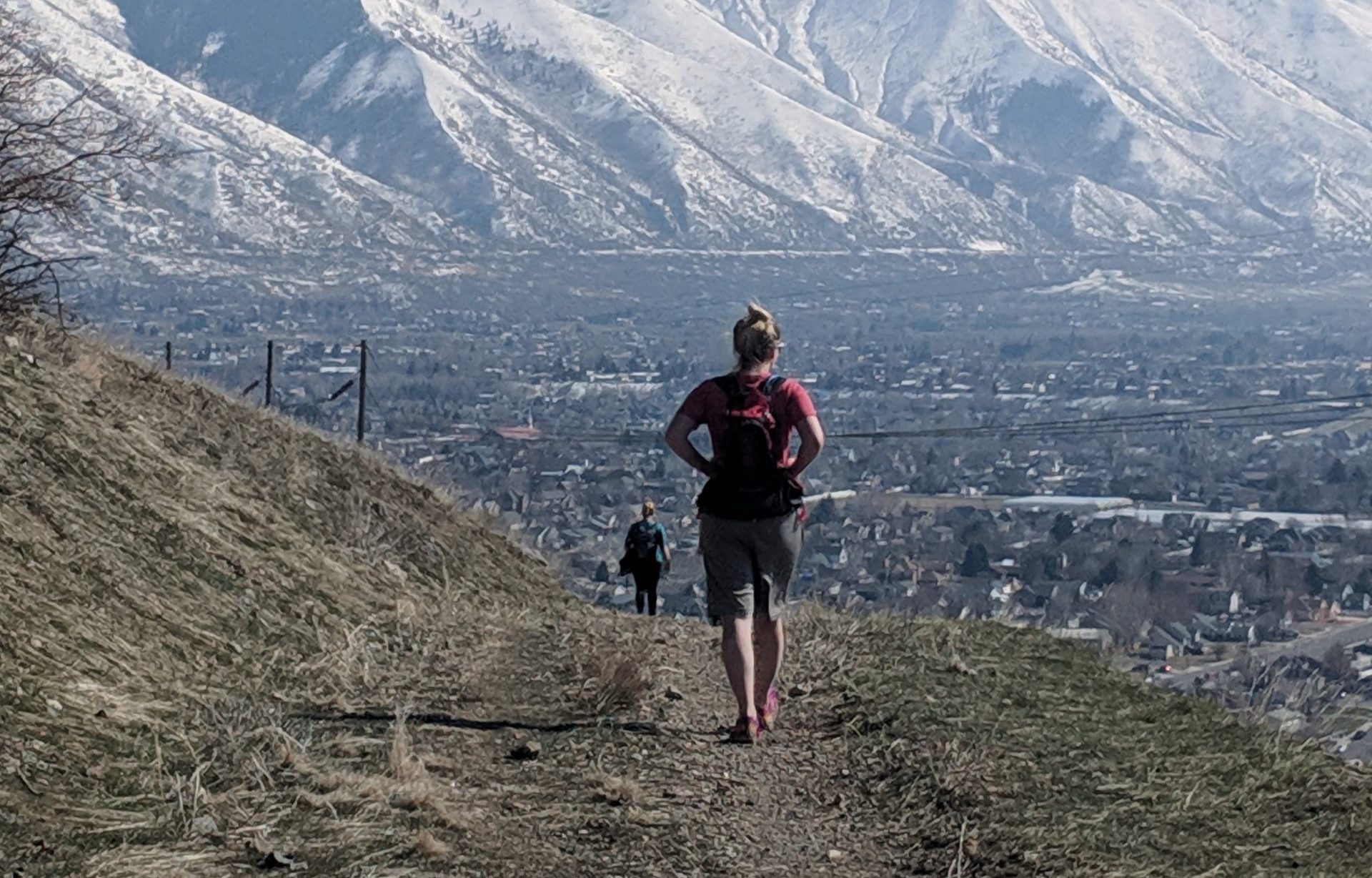
Learn More
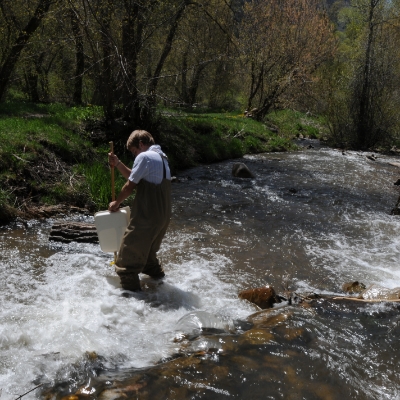
Photo by Riley Nelson
Learn More
South Fork Canyon
Provo Canyon’s South Fork is a beautiful, largely undeveloped natural oasis just a short drive from the metropolitan areas of Provo and Orem. South Fork boasts two excellent parks owned by Provo City and two developed trailheads for mountain bikers, hikers, equestrians, hunters, and nature lovers of all types. CUV is working with Provo City, Utah County, and private land owners to preserve the unique natural character of South Fork as an open space and a recreational haven with continued public access.
Slate Canyon
This incredible Provo treasure has been mistreated and forgotten, that’s why Conserve Utah Valley wants to highlight and restore this hidden gem. In order to do so CUV has hosted various Slate Canyon Saturday activities over the past two years.
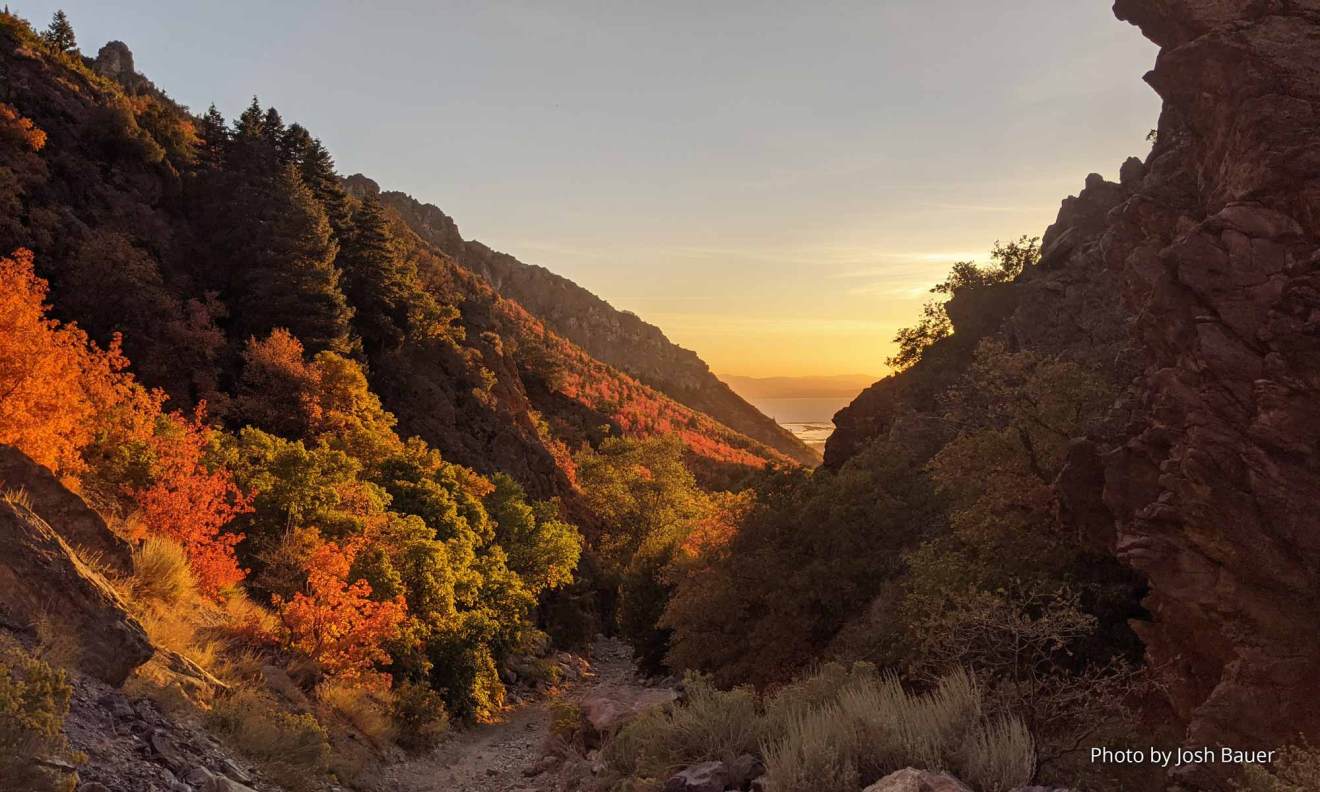
Learn More
Recent Blog Posts
Burr Family Conservation Easement
Conservation easements are one of the most effective ways we have to preserve open space in Utah. Help us conserve open green space and farmland near Utah Lake and the Provo River Delta. Meet the Burr Family, hear their story, and discover how you can contribute.
Open Lands Conference Recording
On Wednesday January 10th, 2024 Conserve Utah Valley and Utah Open Lands hosted a conference on conserving agricultural lands. A goal common to both these organizations is to preserve the nature of rural communities by protecting greenspace and farmland from...
It’s Time To Save Another Lake
In 2021, Conserve Utah Valley was a fledgling grassroots organization. We got our start when Bridal Veil Falls, a natural treasure of Utah Valley, was under threat of private development. After a few intense months of work, the Falls was preserved by an Utah Open...
